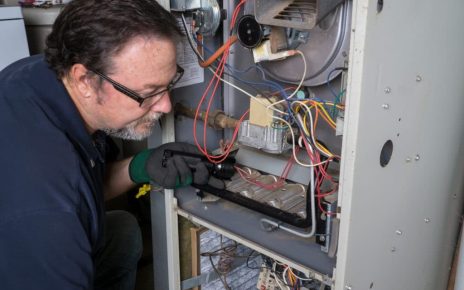Your Claim Might Depend on Just a Few Words in Your Policy
When it comes to water loss claims, the wording in your insurance policy can make all the difference. Insurance policies are full of terms that can seem ambiguous, and these vague terms can significantly impact whether your claim is approved or denied. One of the most commonly contested phrases in water leakage claims is “sudden and accidental,” and understanding its meaning is crucial to ensuring that you receive the compensation you deserve.
What Does “Sudden and Accidental” Really Mean?
Insurance policies often include the term “sudden and accidental” when referring to certain types of damage, particularly water damage. At first glance, this might seem straightforward—after all, water damage from a burst pipe is often sudden and accidental. However, many insurance companies have adopted specific definitions of these terms that may not align with a homeowner’s or business owner’s expectations.
1. The Fine Line Between Sudden and Gradual Damage
The main issue in water damage claims lies in the interpretation of “sudden” versus “gradual” damage. Many policies will cover sudden water damage—for example, when a pipe bursts or an appliance fails unexpectedly. However, damage that occurs over time, such as from a slow water leak or gradual seepage, is often excluded from coverage.
This distinction can be crucial. For example, if a homeowner discovers water damage from a leak that has been occurring for months, an insurance company may argue that the damage was gradual, even though the homeowner may not have noticed it until the damage became more significant. In this case, the claim could be denied under the argument that it doesn’t meet the policy’s definition of “sudden and accidental.”
2. The Role of Seepage and Wear and Tear
Another tricky term in many water-related property claims is “seepage.” Seepage refers to water that enters a property slowly over time, often due to cracks in foundations or walls. Flood insurance claims arising from seepage are often not covered because insurers argue that seepage is a gradual process and falls outside of “sudden and accidental” coverage.
Wear and tear is also a common factor in denied claims. If water damage is the result of long-term neglect, such as poor maintenance or deterioration of property, insurers may argue that it falls under the category of “wear and tear,” which is not covered by most insurance policies. This is why it is important to understand what is and isn’t included under your specific coverage.
Why Insurers Deny Claims Based on These Terms
While many homeowners and business owners may feel they are being treated unfairly, it’s important to recognize that insurance companies are primarily concerned with minimizing their payouts. They use terms like “sudden and accidental” to limit the scope of their liability. For example, if water damage occurs gradually, as a result of continuous leakage, insurers can argue that the damage didn’t happen suddenly or unexpectedly, and therefore, the claim is not eligible for coverage.
Insurance companies might also focus on policy exclusions for “gradual damage” or “seepage” to deny claims. If these exclusions are not clearly understood by policyholders, it can lead to frustration and confusion when a claim is denied.
The Importance of Public Adjuster Help in Water Damage Claims
Given the complexity of insurance policy language, it’s essential to have an expert on your side to ensure you are receiving the proper coverage. A public adjuster specializes in interpreting insurance policies and working with insurance companies to advocate for the homeowner or business owner.
1. Expert Policy Interpretation
A public adjuster is skilled in interpreting ambiguous terms like “sudden and accidental” and can help clarify whether your damage is covered under your policy. They are familiar with the language used by insurers and know how to challenge denials based on these terms. A public adjuster can identify potential issues in the policy that might result in a denied claim and guide you through the necessary steps to address them.





